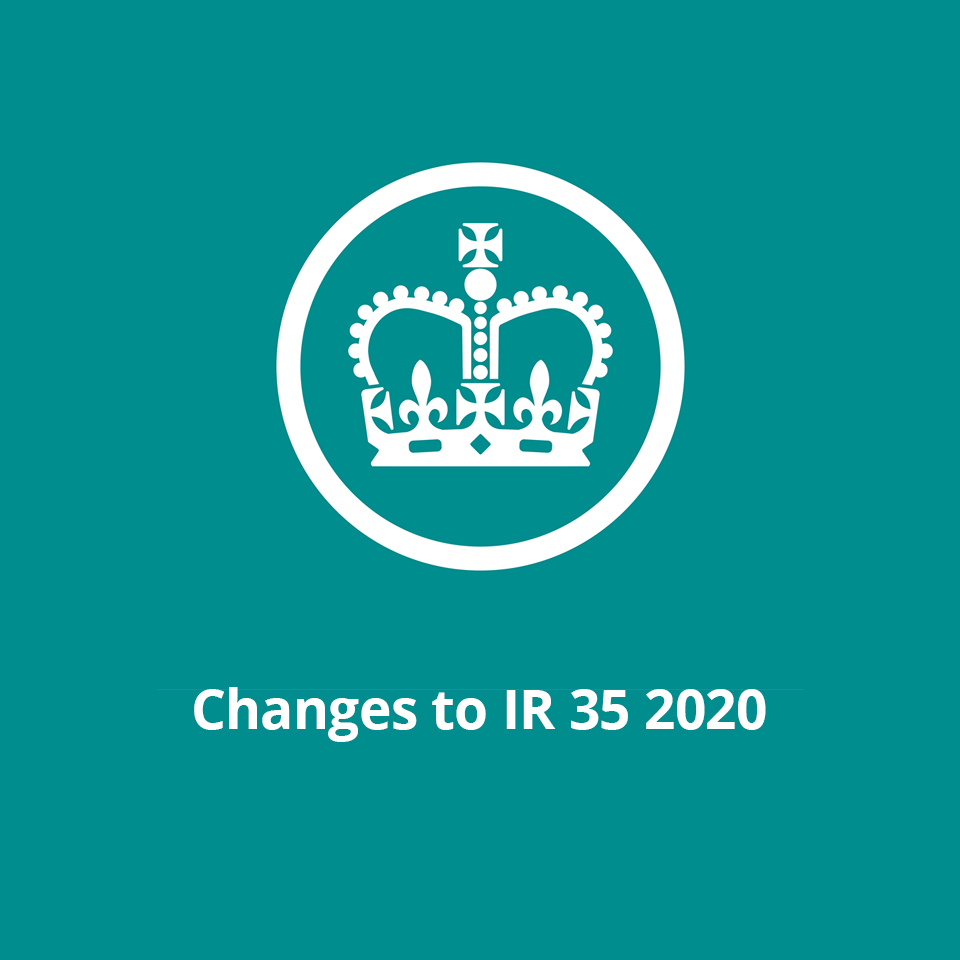Changes to IR 35 2020
UPDATE 27/03/2020: Since writing our article on the propose changes to IR35 the Government has delayed the controversial IR35 reform by one year because of the COVID-19 pandemic.
This means that contractors will continue to decide their IR35 status for another 12 months when working in the private sector.
The implementation of the government’s reforms to IR35 will now take effect for private businesses, IR35 is also known as the off-payroll working rules.
Employers will need to be aware of the changes s before 6 April 2020.
From 6 April 2020, medium or large-sized private sector clients will be responsible for deciding their worker’s employment status. If you engage with contractors and off-payroll workers who are in an employment relationship (in all but name), you may be liable for PAYE and National Insurance Contributions in respect of these individuals.
Background
IR35 is a set of rules targeting the tax treatment of individual contractors who provide their services through an intermediary often known as a personal service company “PSC”. The rules require scrutiny of the employment relationship between the Client and the individual contractor. There have been circumstances in which the determination of the relationship has been unclear with organisations stating a worker is a self-employed contractor when the reality is that they would normally be deemed to be an employee. if there is a genuine self-employment relationship, IR35 will not apply. However, if the contractor would have been classed as an employee, IR35 ensures that broadly the same tax liabilities apply.
PSCs are often owned and controlled by an individual contractor, the Client will then contract with that PSC to obtain the services of that individual. An employment agency may be involved in the supply chain between PSC and Client. This arrangement can avoid employee National Insurance Contributions, PAYE and other employee rights. PSC owners receive payment in a tax efficient manner by drawing down dividends from their company and offset expenses against taxable profits. HMRC was concerned these arrangements were being used for tax avoidance.
Obligations on the client from 6 April 2020
The Client has the obligation to make a determination on whether IR35 applies. The Client must inform the person it contracts, by the time of entering into the contract or, if later, before the services are performed if IR35 will apply.
The Client, if requested to do so by the PSC, must answer questions about the reasons for their decision that IR35 applies and the Client must confirm this in writing within 45 days.
If IR35 is deemed to apply the client must to operate PAYE.
If the conclusion is likely to be that IR35 does/not apply to some engagements, evidence that decision, consider impact on individuals and how to manage transition, with a review of your payroll systems
-
Identify, catalogue and amend your standard current contracting terms
-
Use a consistent approach to determine whether IR35 applies
-
Use the assessment tool which is anonymous
-
Review your individual engagements or assumptions about functions?
-
Determine that IR35 applies, with tax and NICs consequences?
-
Outsource functions rather than contract for labour supply?
-
Take contractors onto payroll as employees?
-
Establish processes for receiving information and for internal challenge against determinations.
-
Retain a detailed paper trail of processes followed

June Salmon
June joined Bates Wells & Braithwaite in 2015 and is a specialist employment law solicitor.
June has over 20 years of litigation and employment law expertise gained first in private practice and later in her role as an employment lawyer in a local authority in London where she dealt with highly complex tribunal cases including TUPE matters, sex, race and disability discrimination claims.
Outside of work June is a governor of a local sixth form college and enjoys a busy family life.
T: 01787 880440 | E: JuneSalmon@bwblegal.com

